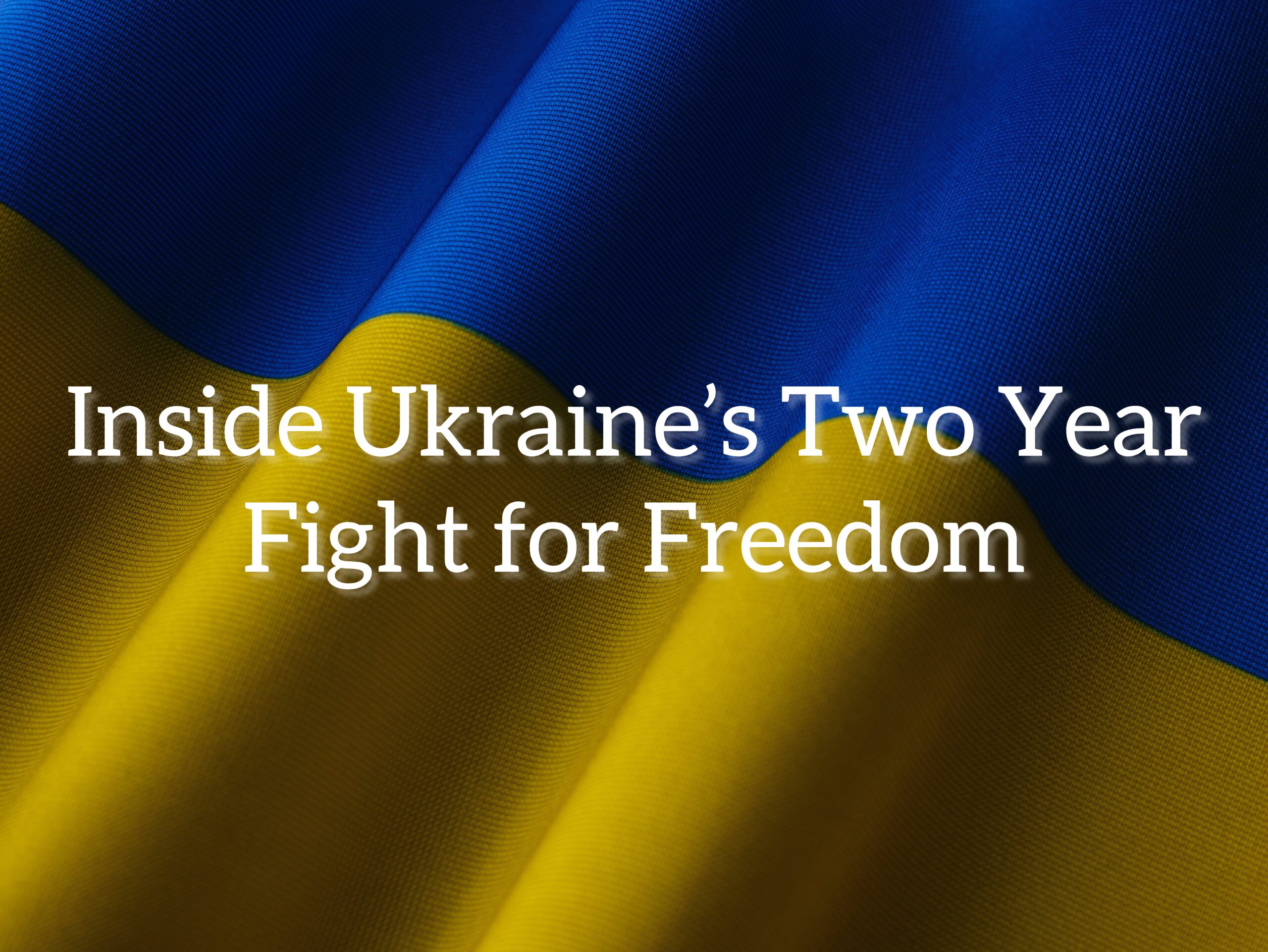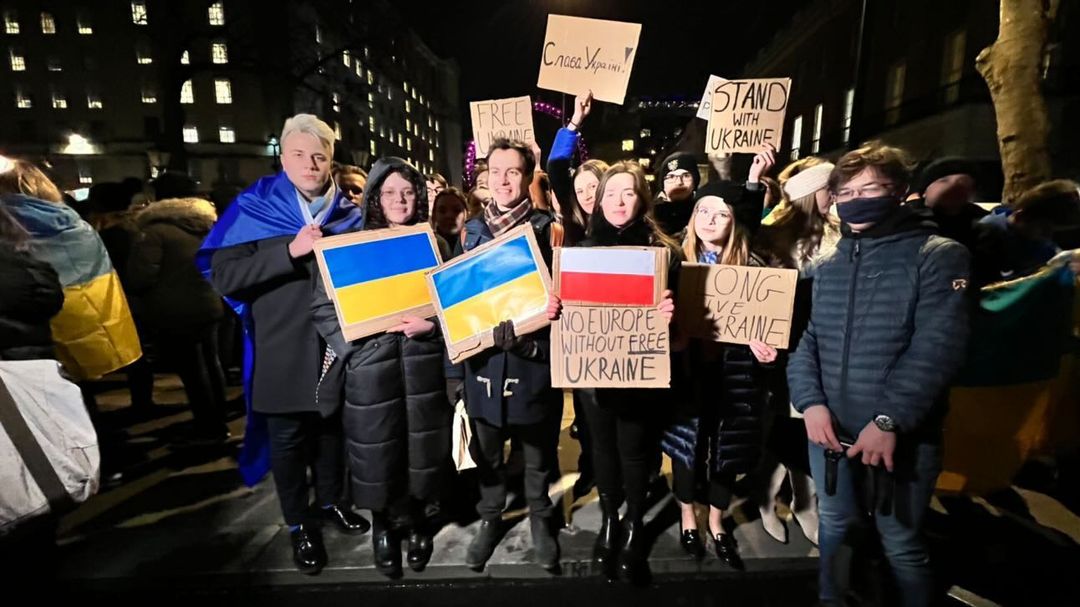Staff writer Baaz Chandwan discusses Germany’s decision to send Leopard 2 tanks to Ukraine. What lessons can be drawn from the success of Ukrainian diplomacy?
As the war in Ukraine rages on, with Vladamir Putin at the helm of a sinking Russian ship, European and American allies have offered Ukraine significant financial and military support. Yet Germany’s delayed decision to send Leopard 2 tanks sparked bouts of controversy about German commitment to the Ukrainian effort. Although Chancellor Scholz has finally agreed to send tanks into Ukraine, any leader understands that a coherent foreign policy rests upon quick and pragmatic decision making. Why then was such a crucial decision delayed for so long? What concerns did the German government have?
A Brief Recap
After weeks of delay, the German government reversed its earlier decision to not send Leopard 2 Tanks to Ukraine. Previously, Germany had announced that it would not send tanks directly but would not block the exports of German-made Leopard tanks from other European countries such as Poland. Since the beginning of the war, Germany has provided considerable aid to Ukrainian forces, sending 15 armoured recovery vehicles and 20 rocket launchers among other equipment. As such, the original decision not to send tanks was met with criticism from Lithuanian, Latvian and Estonian Foreign Ministers. They urged Germany to act since immediate assistance was being called for by Ukraine.
Fearing Escalation
Yet the German perspective on matters differs heavily from some of its European counterparts. Germany’s primary reasons for delay can be attributed to two factors.
Firstly, the fear of acting alone. Whilst Germany has sent other forms of armour, they did not wish to move unilaterally in sending such heavily militarised tanks. For the Germans, such a move necessitated cooperative Western action. Hence, the repeated urges from the German government for the U.S. to first send M1 Abrams Tanks before Germany sent any of their own.
The second fear that influenced German decision-making was the risk that such a decision would inch President Putin closer to declaring that the war would become nuclear or threaten direct retaliation on Germany. The ambiguity and threat in Russian communication since the decision to send Leopard tanks has proved these concerns to have held some merit: the Russian ambassador to Germany announced that the conflict is now at a “new level of confrontation”.
Only time will be able to tell whether such heavy and ominous words are merely a bluff. These fears have been crucial to the ongoing reluctance to sending fighter jets to Ukraine. However, if President Putin’s empty nuclear threats are anything to go by, these may simply be words in the absence of action.
An Unpleasant History
Historical context provides a lens to achieve greater understanding of German policymaking. The use of German military machinery to kill Soviet citizens during the First and Second World Wars created an immense sense of guilt amongst German leaders and citizens. Additionally, many German citizens have themselves lived under Soviet rule in East Germany.
Polling has also indicated that a significant number of Germans sympathise with and understand why Russia chose to invade Ukraine. It is clear that collective memory and history has placed a heavy weight on the minds of German leaders. This forced multiple rounds of reconsideration from Scholz, who needs to satisfy the demands of the population more than those of foreign diplomats.
How effective will Leopard tanks be?
German Leopard 2 Tanks are extremely powerful and heavily armoured units. This may be exactly what the Ukrainian military forces require in the face of a potential, new Russian military offensive. Although Ukraine has been successful in military counter-offensives against Russia, their progress has been stunted by a lack of heavy machinery in the face of modern Russian military equipment. Leopard tanks could shift the balance of power in the favour of Ukraine and analysts are hopeful that the addition of Leopard tanks to Ukrainian forces may bring a swifter end to the war.
Whilst the decision to send Leopard tanks may have been delayed, the decision is nothing short of miraculous for Ukraine’s defence. The probability of this being reflected in new Ukrainian military successes is high. At the very least, this is the view of Western analysts.
Whatever the outcome may be, eastern European states can rest assured that significant progress has been made in the commitment to Ukraine and that diplomatic pressure on Germany has been successful. Such a move will most likely encourage other powers to undertake a similar course of action, possible creating a domino effect of arms provision. This is the kind of cooperative action which is necessary to halt the destructive train that President Putin is attempting to drive through Ukraine.














